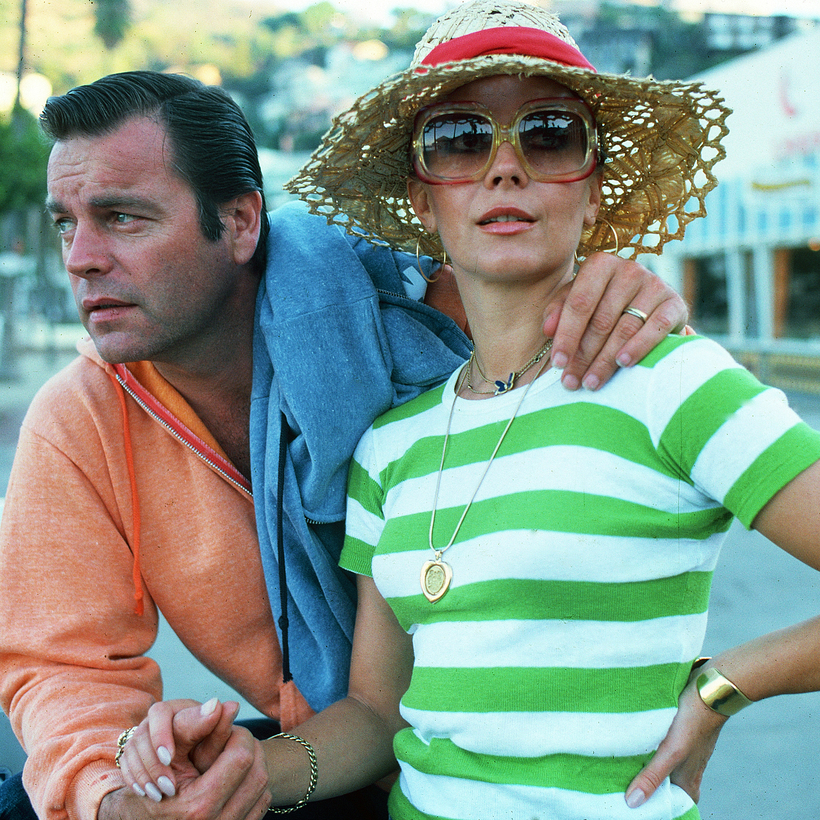To tell her story well, Natasha Gregson Wagner knew that one man’s testimony would matter above all others, and after several hours of talking to him in front of the cameras set up at her home in Los Angeles, she didn’t have what she needed.
That man was the actor Robert Wagner, the man she has called “Daddy Wagner” for as long as she can remember, the man who still, at the age of 90, calls her every day on the phone and the man who, ever since she was 11, has been dogged by claims that one terrible night 39 years ago, in a drunken rage off the coast of southern California, he killed her mother, the actress Natalie Wood.

